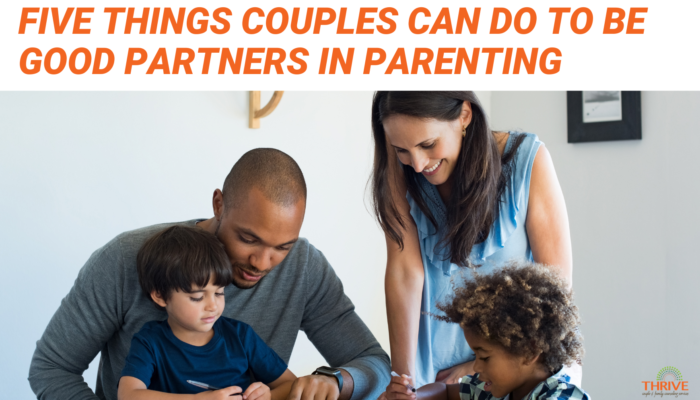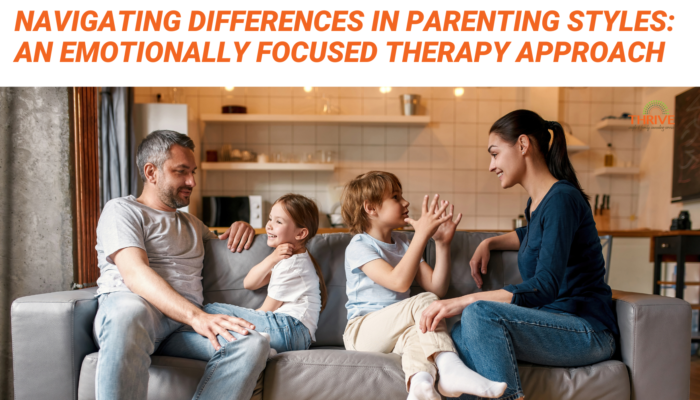You and Your Kids Have More of a Choice About Worry Than You May Think
Worry can cause children to focus their energy on worst-case scenarios rather than feeling confident and staying present in a situation. Anxiety doesn’t just go away on its own, but the great news is, we can teach our kids how to effectively deal with worry and find relief.
Children can learn to become smarter than their anxiety by comparing unreliable stories about the future to the facts they know to be true. Your child can locate these worry-thoughts and decide to listen to them or not.
Below are some helpful tips kids can use when worry comes their way. (Your child already knows how because he or she uses many of these skills every day!)
1) Ignore things that come up.
Just as kids can ignore a classmate who is bugging them or don’t always turn off the TV the first time you ask, kids can choose to not pay attention to uninvited worries.
2) Be bossy (really, it’s okay)!
When is the last time your child yelled at a brother or sister to get out of their room? Yep! That’s the voice kids can use to kick worry-thoughts out of their brains.
3) Expect what’s coming and be ready.
Kids know how to figure out what’s going to happen. For instance, they can predict that when students in the cafeteria are getting too loud, an adult will probably ask them to settle down. You child can use the same trick to figure out situations where anxiety tends to pop up and be ready to fact-check when those worries come.
4) Be flexible and solve problems.
Children will try many different strategies to beat a tough video game level. Your child can also learn to defeat anxiety by “switching gears” and adjusting worry-thoughts to become more realistic expectations.
5) Use facts to prove worry wrong.
Have you ever gotten into a discussion with a child who loves snakes, spiders, or other “creepy” creatures? These expert kids can convince others how cool the animal actually is and how there‘s no need to be scared. Your child can learn to choose “facts over fears” and use realistic expectations to prove worry-thoughts wrong (Chansky, 2014).
6) Try hard things.
Every kid who has ridden a bike, learned an instrument, or played a sport has found that working hard can pay off. Worry makes things uncomfortable, but your child can become better at facing the unknown the more they do it. (Getting used to being uncomfortable is a skill in itself!)
7) Choose what’s best for me.
When your child’s friends all choose the same ice cream, your son or daughter will most likely choose their own favorite flavor. In the same way, children can decide that it’s “not fair to miss out on things” just because worry tells them to (Chansky, 2014).
Here at Thrive, we want to work alongside you and your children. Whether you request counseling for your child, wish to seek counseling for both of you, or choose therapy for the whole family, we are here to help!
*A big thank you to Thrive therapist, Amy Stambuk, LCSW, for her resources and wisdom.




